Discover financial empowerment resources
Discover financial empowerment resources
This 90-minute webinar provides frontline practitioners with foundational knowledge and skills to support Canadians living on a low income in accessing benefits. Participants will learn the importance of access to benefits for individuals and families, review key skills and opportunities for...
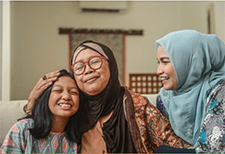
There are many different actions that can be taken to improve financial wellbeing. The Financial Wellbeing Framework offers 17 entry points to action to inform government, organizations, policymakers, decision-makers, practitioners, and researchers in their efforts to address financial...

The first course from the Money Matters for Self-Employment series is Thinking About Self-Employment. In this free course, you'll learn what it means to be self-employed, different ways of being self-employed and if self-employment is right for...
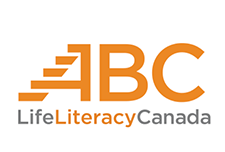
This report summarizes the first results from the Canadian Survey on Working Conditions. Explore how different kinds of workers experience core dimensions of quality of employment, including exposure to physical risks, emotional demands, work schedules and hours, time pressures, co-worker support,...

This 90-minute webinar provided frontline practitioners with foundational knowledge and skills to support Canadians living on a low income in accessing benefits. Participants learned the importance of access to benefits for individuals and families, reviewed key skills and opportunities for...

If any of these statements sound like something you would say about money, this toolkit is for you: • I don’t have enough money to live on each month. • I find it frustrating to have to share my situation over and over again. • I wish I could find help easily but don’t know where to...

Every year, thousands of people in Canada miss out on tax benefits that can significantly increase their income or reduce the amount they owe. For people living on a low income, filing a tax return can mean thousands of dollars more. Check out these resources -- infographics, posters, and social...

Rising housing costs have had an impact on the ability of families to move. This article, using data from the Canadian Social Survey (CSS), illustrates how higher prices have disproportionately affected the moving decisions of young Canadians, particularly those experiencing financial...

Canada faces a decline in financial well-being. This report identifies systemic barriers to financial well-being and proposes a series of targeted institutional reforms, including the following: • Accelerate open banking • Streamline rules for inclusive innovators • Create a community...
Prosper Canada's comprehensive report, Closing the Divide: Solutions for Canada's Financial Help Gap, sets out clear steps governments, financial services, and community organizations can take to ensure every Canadian – no matter who they are or where they live – can access the financial help...

The Financial Consumer Agency of Canada (FCAC) has published research insights that reveal where Canadians are turning for various types of financial advice. FCAC’s Spotlight on Canadians’ use of financial advice showcases data from the 2024 Canadian Financial Capability Survey (the CFCS), a...

This policy brief argues that employment is not a viable path out of poverty unless policy interventions first address the barriers that prevent work and create a labour market that offers decent jobs. A successful poverty reduction strategy must also speak to the needs of those who will never work...
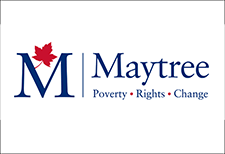
The 2025 Report of the National Advisory Council on Poverty is progress report on 'Opportunity for All' – Canada’s First Poverty Reduction Strategy. It presents views on whom people turn to when they need support, how they access services, and if the existing benefits and programs meet their...

In recognition of November 2025 Financial Abuse Awareness month, the Canadian Center for Women's Empowerment (CCFWE) hosted Empowering Survivors Through Digital Safety: Preventing Technology-Facilitated Economic Abuse within Financial Systems. This webinar explores how survivor-informed policy,...

This article shares stories from Amadeusz, an organization that works with people who are incarcerated to further their high school and post-secondary education. Learn about how experiences with the education system are deeply connected with basic needs for housing, income, and social...

Learn about why investment fees matter, separate fee fact from fiction, and take a look at common types of investment fees and...

Explore different kinds of insurance and what you can expect to find within insurance...

Stand Against Scams is a national awareness campaign Canadians to help protect themselves from scams. Canada's major organizations are teaming up to protect Canadians and to fight scammers. The money stolen through scams is often used to fund human trafficking, organized crime, terrorism, and more....

A report based on 2021 Census data, about socioeconomic characteristics (e.g. poverty rates and earnings) among transgender men, transgender women and non-binary people, in comparison to cisgender men and...

Braiding Mind, Body, and Spirit: A Financial Wellness Bundle is a resource designed to help Indigenous individuals, families, and communities make confident money choices with settlement funds. This 60-minute webinar brought together the co-creators of the resource to highlight the need for...
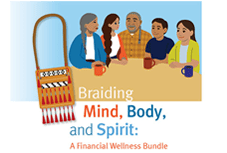
What would it take to eliminate poverty in Canada by 2030? The 2030 Project explores why poverty persists, and what we can do about it. This podcast is a special mini-series dedicated to the new Canada Disability Benefit. This is a Story Studio Network podcast sponsored by Daily Bread Food Bank,...
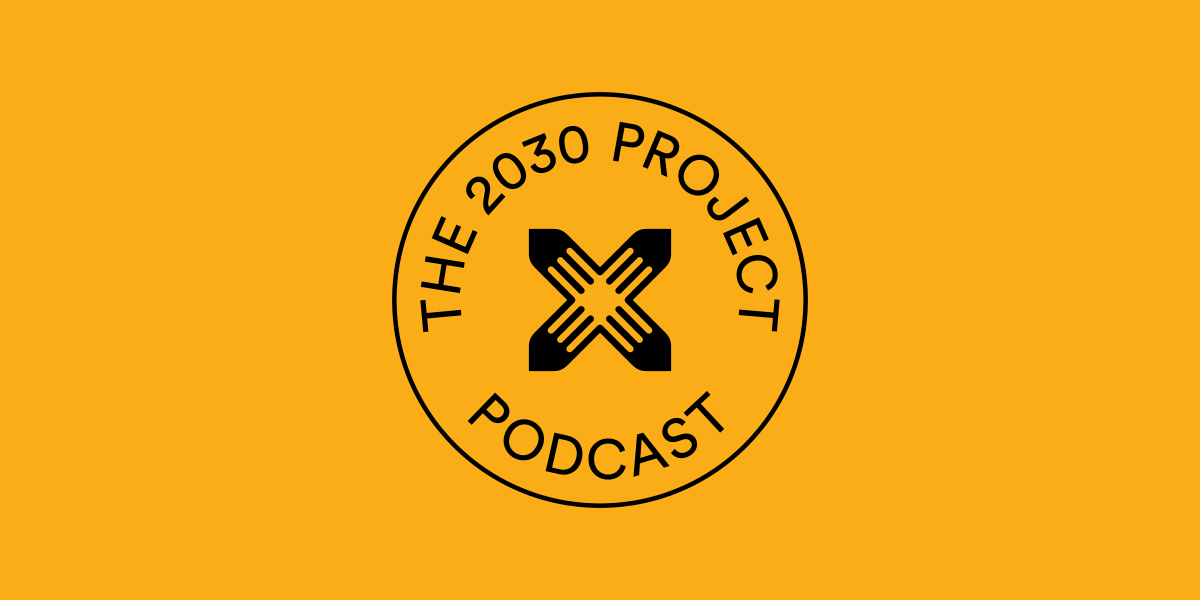
November is Financial Literacy Month This year marks the 15th anniversary of Financial Literacy Month (FLM) in Canada. Since 2011, FLM has helped Canadians strengthen their financial knowledge and skills with the goal of improving their financial well-being. Led by the Financial Consumer Agency...

Canadians with low incomes lack access to the financial help they need to rebuild their financial health and resilience. Watch the webinar from September 17, 2025 as we present findings from our recent report: Closing the Divide: Solutions for Canada’s Financial Help Gap. Prosper Canada’s...
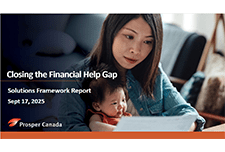
When you work with an investment advisor, it is important to know your rights as an investor. Available in...
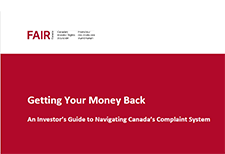
Tips and tools to help you recognize, prevent, and report scams, keeping your finances and personal information safe. Available in...

